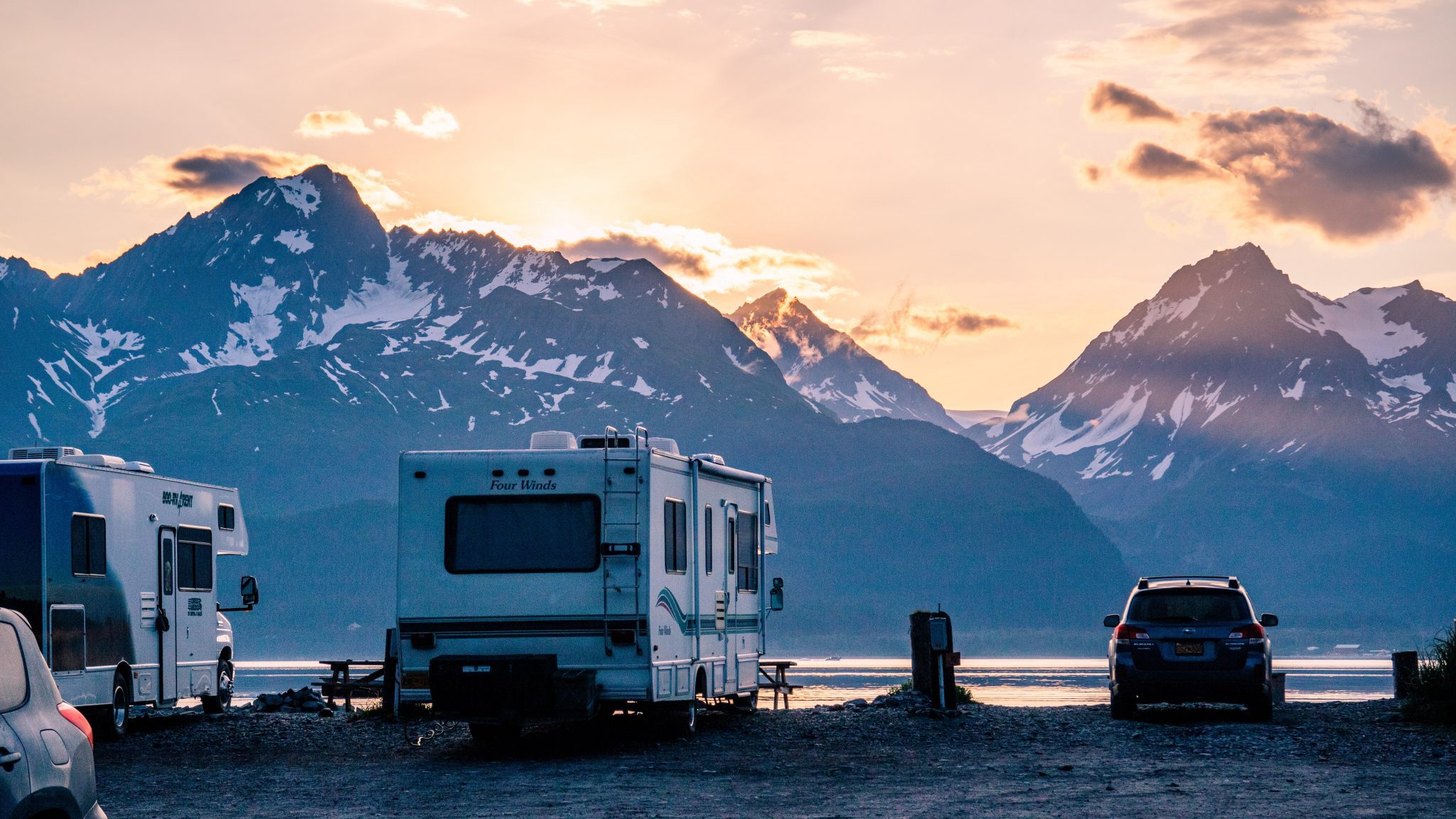Skift Take
Travelers are still faithfully flocking to campgrounds, despite other forms of travel opening up. Now, variations of camping, like glamping and RVing, are replacing higher-maintenance leisure travel. They are also providing a new way to approach remote working.
Despite relaxations in Covid regulations for airlines and international travel, one phenomenon of the pandemic appears here to stay — campers are staying dedicated to the great outdoors. A new study from Kampgrounds of America, the world’s largest system of open-to-the-public campgrounds, shows that camping and its many variations, particularly glamping and RVing, is quickly being embraced by the new leisure-seeking traveler, and is becoming a part of travel culture faster than ever.
Over the past two years, the camping industry witnessed a growth of 36 percent, with over 9.1 million first-time campers joining the scene just last year, the Kampgrounds survey showed.
While one-third of the newcomers said that Covid was their main catalyst to try camping, these numbers also come in tandem with the increased interest in leisure and wellness travel since the start of the pandemic. People are increasingly searching for quieter getaways, outdoor wellness retreats, and escapes into the wilderness. Among all survey respondents, two-thirds reported regularly participating in some type of leisure travel, whether it’s camping or other types of travel. In 2O21, camping accounted for 4O percent of all leisure trips taken with more than half of travelers including camping in some or all of their overall travel.
The Urban Camper
Among regular and new campers, the urban resident is proving to be a rising star in the camping scene. In 2021, this type of camper emerged as “one of the most avid camping segments in terms of both trips and number of nights spent camping”, according to the Kampgrounds report.
Camping provides city residents a chance to find local or domestic activities that still offer a change of pace. The urban residents who intend to continue camping reported interests in a variety of camping categories, starting from RVing and road trips to backpack camping and glamping.
While music festivals continue to be one of the urban resident’s most popular reasons to go outside, they are still developing a new curiosity to the offerings of camping. In 2022, 44 percent of this group reported plans to replace a traditional leisure trip with a camping trip, due to economic reasons and avoidance of crowds.
Glamping as Leisure
Similar to the year prior, close to half of new campers said they tried glamping in their 2021 camping experiences. This interest is expected to grow in 2022, with 50 percent of respondents saying that they are also seeking a glamping experience.
While 40 percent of leisure trips result in camping, 80 percent of all leisure travelers chose camping or glamping for at least some of their trips. Due to the high level of interest in camping and glamping amongst the leisure traveler, many industry leaders are recognizing the importance of camping in the hospitality industry.
“Our research shows that camping is one of the primary ways households prefer to travel and spend their leisure time because 75 percent of campers say it reduces stress and contributes to their emotional well-being,” said Whitney Scott, chief marketing officer of Kampgrounds of America. “Camping is driving leisure travel’s recovery and its benefits will fuel future market share.”
Work Life Balance in The Great Outdoors
But, it’s not just leisure that new campers are seeking.
Remote work is flipping the traditional ideals of workplace culture on its head, inducing both support and concerns about the new normal. Many people aren’t exactly longing for a complete cut-off from work when they travel, nor do they view it as completely realistic or possible. The distinction between leisure travel and remote work is being obscured, and when it comes to camping behavior, 46 percent of campers said they worked remotely during at least some of their trips, which is up five percent from 2020.
As a result, close to half, 48 percent, of campers list having Wi-Fi as a critical element to their camping experience, impacting their ability to stay outdoors so they can stay connected to their work life. Ironically, providing connections to the digital world even when outside is becoming an important part of customer satisfaction among campgrounds.
RV Boom Continues, But Will It Last?
In addition to glamorous camping, RVing is also recording an all-time peak, with almost two million new RV renters in 2021 and 15 million households RVing at least once to explore the outdoors. In a profile of 2021’s New Camper in the Kampgrounds survey, RVing was the most popular form of camping that people wanted to try, with a 57 percent response rate. It was quickly followed by tenting at 56 percent and glamping at 51 percent.
In the past, most RVers rented or borrowed RVs for their vacations, but the results of the recent survey showed that they are displaying more permanent commitments to these mobile homes, with 77 percent of RVers now owning their recreational vehicle. Interest in owning an RV is still present among the remaining non-RV owners, with 32 percent saying they have intention to purchase an RV in 2022.
However, this spike in RV interest may soon hit a cap as soaring gas prices are prompting RVers to make a change of travel plans in 2022. Some are seeking to either change their RV, or even consider selling or listing the RV. About half of new RVers say they are considering selling their RV this year, while a fifth are downgrading their RV to lower payments and operating costs.
Dwell Newsletter
Get breaking news, analysis and data from the week’s most important stories about short-term rentals, vacation rentals, housing, and real estate.
Have a confidential tip for Skift? Get in touch
Tags: camping, covid-19, glamping, leisure travel, outdoor travel, outdoors, pandemic, remote work, rentals, RVs, short-term rentals
